The world is making huge developments in our exploration of space discoveries, and there have been some great ones this year. Every year we gather a little more scientific information of the vastly unknown universe in hopes of further understanding our complex solar system. If you’re a bit behind on the times, here are some groundbreaking space discoveries of 2015.
Number Five: The Universe Is Slowly Dying. Researchers have found that like living creatures, the universe also ages. Thus, it will also, one day, die. Radio telescopes have achieved higher precision than ever before. Using these, scientists have measured the energy output from 200,000 galaxies. Their findings from these studies conclude that the energy produced by these galaxies is only half of what they were once producing. It will be generations upon generations before our universe dies on us – about a quintillion years, to be exact. So don’t worry too much; it is predicted that the Earth will cease to exist before the galaxy shuts down.
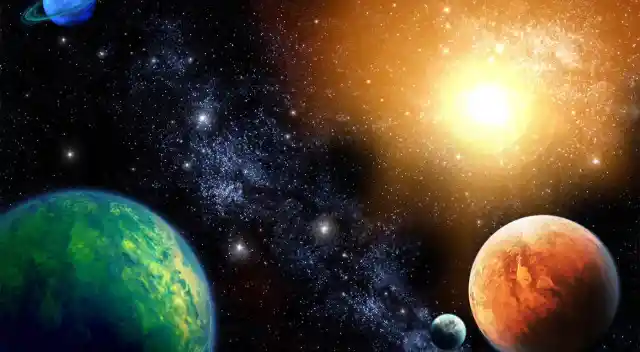
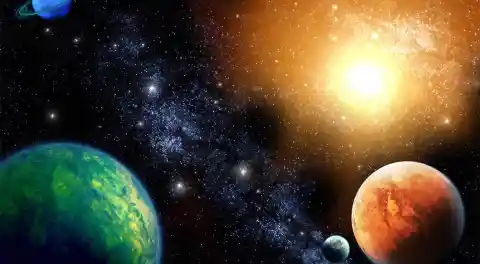
Number Four: Alien Structures May Be Blocking Starlight. We have been studying stars and planets for years with help from the Kepler telescope, and recently there was some data that have scientists and astronomers baffled. By using the Kepler telescope, we have gathered data that some massive structure (or structures) is constantly blocking the light of the star titled KIC 8462852. There are a handful of ways that astronomers are trying to explain this; however they all agree that the nature of this occurrence is bizarre.
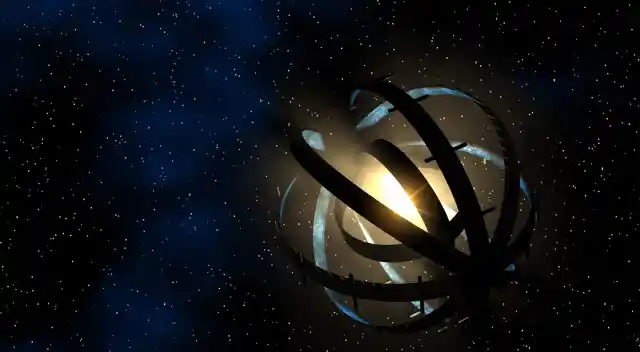
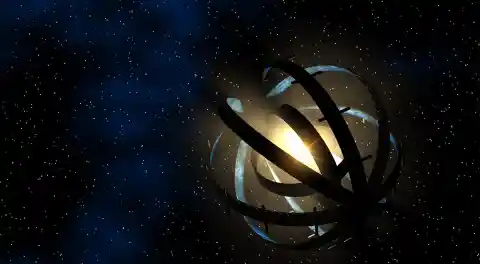
It has been quoted that the structure or structures appear to be “something you would expect an alien civilization to build.” There is still much speculation as to if this is simply an odd meteor shower, the result of recent large-scale planetary interaction in that area, or alien structures designed to harness the energy of the star. However, scientists are still looking into the latter theory by searching for radio waves around the star.
Number Three: Earth’s “Cousin” May Have the Potential to Sustain Life. In July of this year, the Kepler Space Telescope gave us another ground-breaking discovery. It helped us to track down a planet known as Kepler-452b, which is the most similar to Earth that we’ve ever found. Kepler-452b is so special because, like Earth, it revolves around a G Star in the same size orbit. It also has roughly the same age as Earth. Because of this similar orbit, the level of sunshine that reaches Kepler-452b’s surface is predicted to be suitable for plants to be able to photosynthesize. If plants could produce oxygen here, it opens up the idea that human or animal life could survive on such a planet. That is, if life isn’t already present…
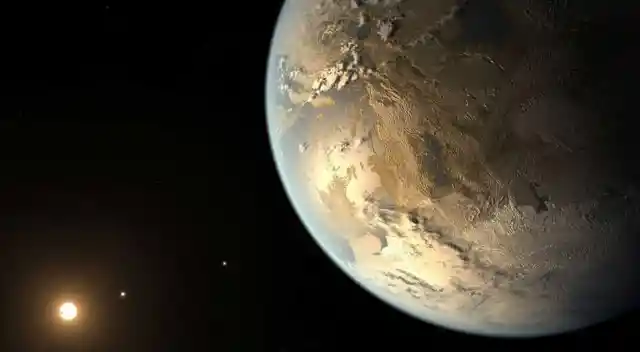
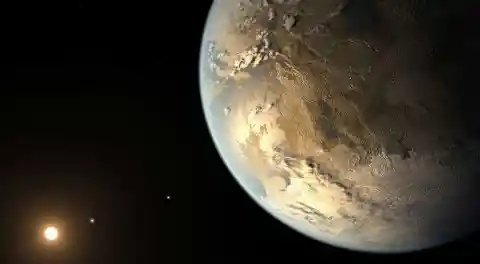
Number Two: Evidence of Ancient Lakes on Mars. While it was once agreed upon that space was too cold and hostile for water to exist, multiple findings this year have pointed scientists to the fact that it is present in many areas of space. The Mars rover has relayed data that a layer of water is likely to be present under the planet’s visible surface. In addition to the rover’s findings, photos captured (such as the one above) have showed us that although we cannot see the water that is on Mars, it is (or has been) there. The pictures that conclude this data depict mountains that have eroded in a pattern that resemble that of flowing water on Earth. Thus, we have nearly definitive proof that there has been flowing water on Mars.
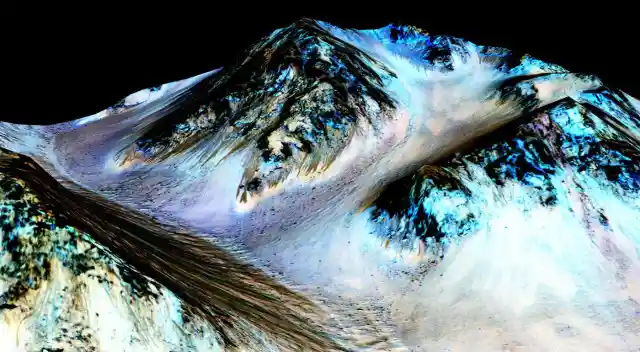
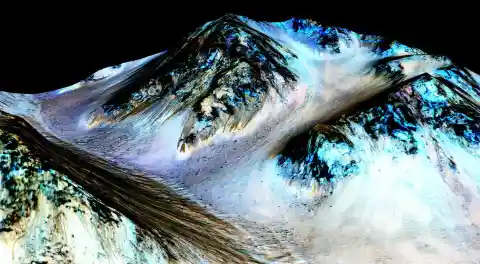
The water doesn’t stop at Mars, though; using the Hubble Space Telescope, scientists are concluding that an ocean exists on Jupiter’s moon, Ganymede. Through observations from the Hubble, scientists have spotted aurorae (like our Northern Lights) that move in a pattern indicative of an existing ocean. This leads us to believe that there lies a saline ocean beneath Ganymede’s icy crust. Astronomers have even ventured to say that there is possibly water everywhere in our solar system.
Number One: The Big Bang Maybe Didn’t Happen. Although the information is very new and is still a hypothesis in study, physicists in Egypt and Canada are challenging the theory of The Big Bang. Their study suggests that the universe did not simply happen by chance, but has existed forever. Yes, although this is almost impossible for us to comprehend, they have found evidence that leads us to believe the universe has no beginning and no end.
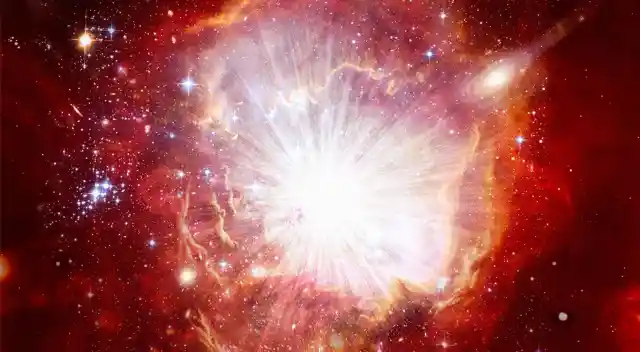
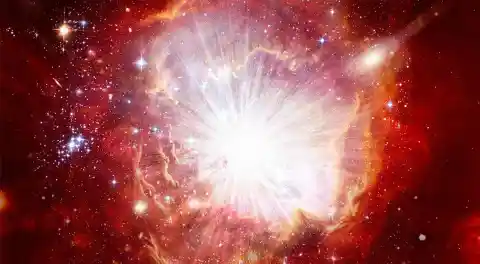
What is special about their theory is that these physicists have accounted for the Big Bang singularity, which not even the Big Bang theory has been able to accomplish. They have reconstructed the concept of the Big Bang (which could account for the expansion that occurred after, but not before or during the Big Bang itself) with quantum corrections, and have concluded that a quantum fluid fills space. This gives it a finite size, with an infinite length.